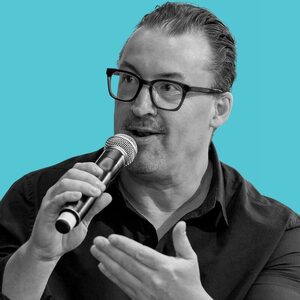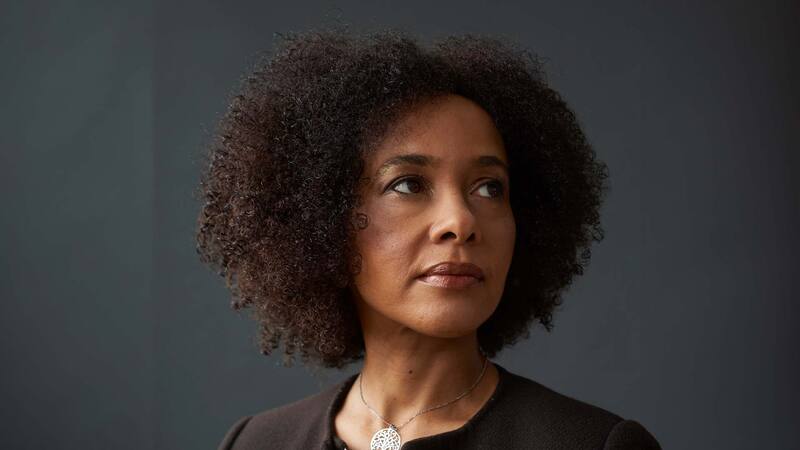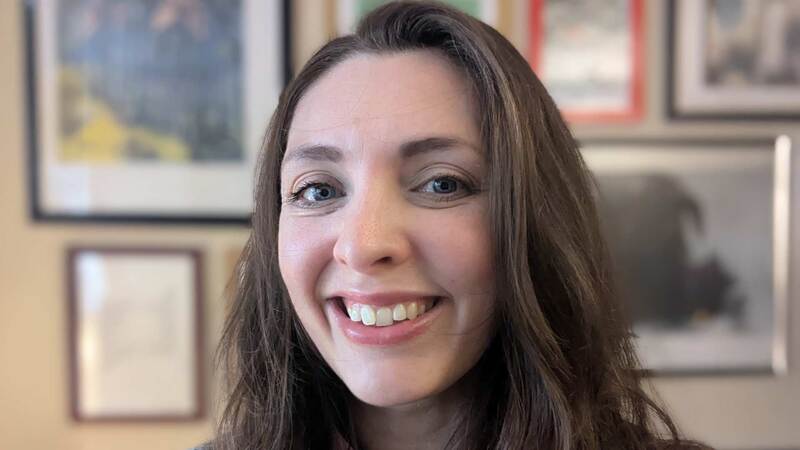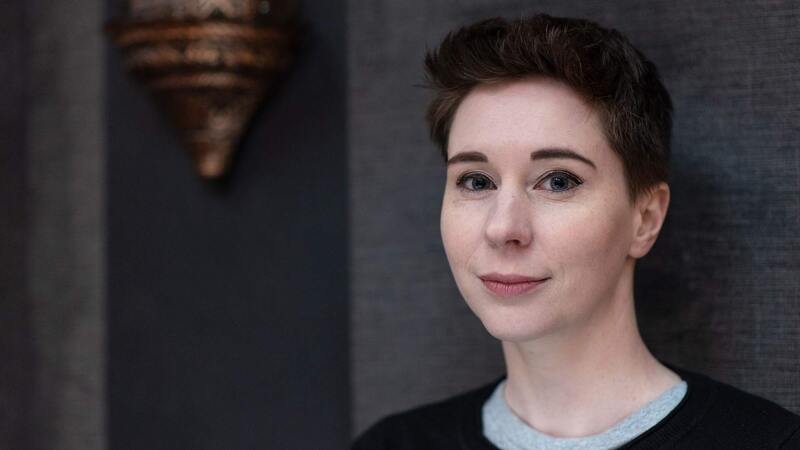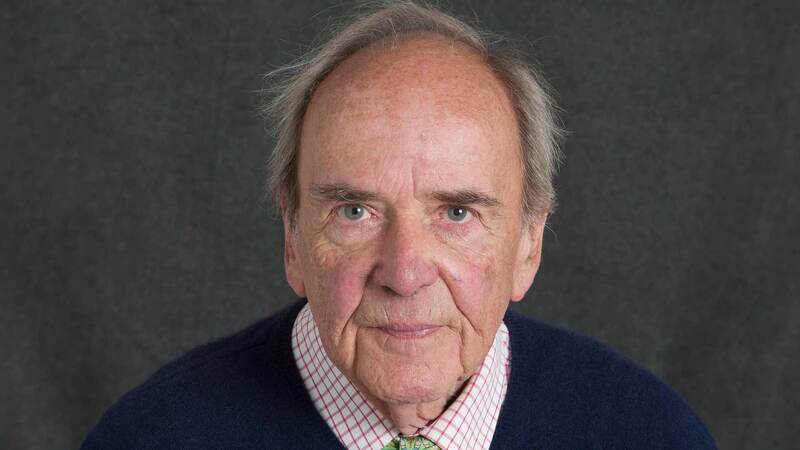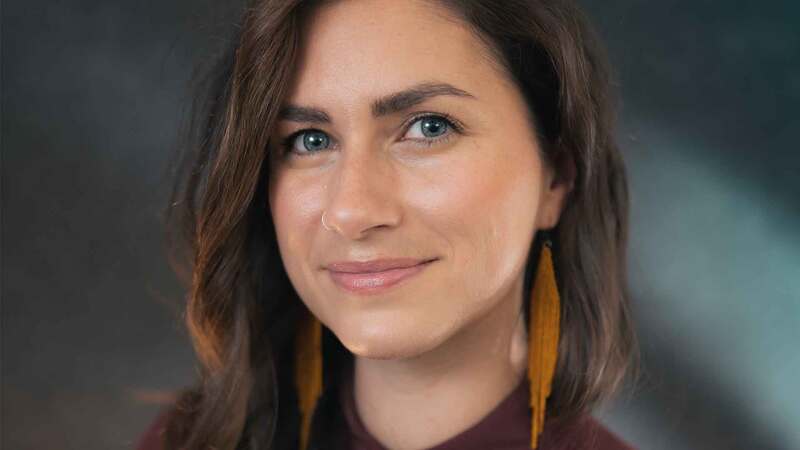You are viewing your 1 free article this month. Login to read more articles.
Human has-beens

When The Bookseller’s digital conference FutureBook was at its height in the late-2010s and the magazine began to also run The British Book Awards, I used to quip that I spent half of my year celebrating the enduring power of the book and the other half trying to find speakers who would predict its demise.
I was reminded of this at the IPG Spring Conference earlier this week as David Rowan, founding editor-in-chief of Wired in the UK, warned that AI could have as big an impact on publishing as the Gutenberg Press—he asked, “are human authors now a niche luxury?” Rowan pronounced himself 91% excited and 9% terrified by the implications. The session struck a chord. “It was good to hear how I will soon become obsolete,” was one response from a delegate afterwards. Another pointed me to what the singer and writer Nick Cave had said about an AI version of a typical “Nick Cave” song—“replication as travesty”. Ouch!
Rowan’s speech was followed by two non-replicants—Nigel Newton, founder and c.e.o. of Bloomsbury, and James Daunt, m.d. of Waterstones and c.e.o. of Barnes & Noble (see pp26-27)—both of whom offered a slightly less worrisome vision of the near future. “We have all come out of the pandemic in a dramatically better shape than we could have ever expected as we entered it,” said Daunt, “with the market wonderfully robust” and trading having accelerated since Christmas, driven by a “general engagement with books, rather than being driven—as it sometimes can be—by particular bestsellers”. Though he warned of escalating costs, particularly around freight, his general take was that the bigger challenge was around discoverability.
The lesson here is less about what might one day be, and more about managing expectations. Progress is often lumpy, partly because we are in charge, not the bots
Newton praised independent publishers, preaching, one might say, to a particularly receptive choir in this regard. Indies control their destinies, publish what they want and are often better homes for writers, he said. “There’s a great feeling of satisfaction working intensely on books in smaller independent publishers. We’re in a wonderful industry where smaller publishers will each other to succeed.” Newton said he meant to open with a joke that he had asked AI bot ChatGPT to write his speech, but Rowan had stolen his thunder. Instead, he reminded the audience of the infinite monkey theorem, which states that a monkey hitting keys at random on a keyboard for a long enough time will almost surely type any given text, including the complete works of Shakespeare. As Newton reminded us, despite the time they have had, not a sonnet has so far been reproduced by one of our simian friends.
The lesson here is less about what might one day be, and more about managing expectations. Progress is often lumpy, partly because we are in charge, not the bots. At least for now.
“Are books dying out?” I asked of ChatGPT. The response: “While digital technology has certainly impacted the way we read and consume information, books are still a beloved and important medium that will continue to be a part of our lives for many years to come.”
Good news for half of me.





